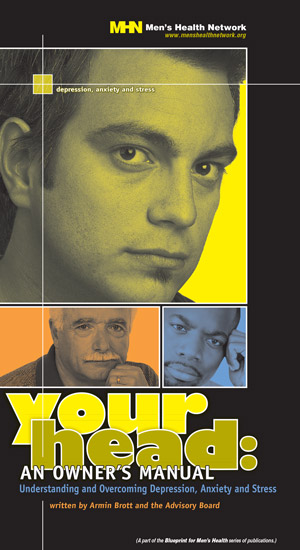Dear Healthy Men: What’s the right amount of sex for a couple to have to ensure a happy relationship?
A: Most of us would agree that a heathy sex life is an important component of any romantic relationship. So it seems logical to assume that there would be a positive correlation between the frequency of dancing between the sheets and one’s level of happiness and satisfaction with said romantic relationships. Logic is one thing, but the real answer to the question, “Does more limb-mingling make you happier—or have any other benefits?” is a resounding “It depends” (and yes, as a creative writing challenge, I’ve decided not to use the word “sex” for the rest of this article).
Various studies have, indeed, found a connection between gettin’ it on and a stronger immune system, lower blood pressure, reduced heart attack risk, improved sleep, lower stress levels, better memory and analytic skills, an increase in brain-cell building, and reduced anxiety and depression.
One study even found that rolling in the hay could reduce prostate cancer risk. It’s not so much the act of knocking boots, though, but the ejaculations that count—and you can do that all by yourself. Either way, you’ll have to do it a lot. Men who ejaculated 21 times per month had a 20 percent lower risk of developing prostate cancer than those who orgasmed “only” 4-7 times per month, according to the study’s lead author, Harvard epidemiologist, Jennifer Rider.
The circumstances of your coital bliss are also important. For example, people with many partners are less happy than those who have fewer (in fact, several studies have concluded that the number of partners needed to maximize happiness is… wait for it… one). People who cheat on their spouse and men who frequent prostitutes are also less happy than those who are able to keep their pants on when they’re away from their main squeeze.
Okay, if making the beast with two backs is good for you, how much is enough? Compared to those who didn’t have intercourse at all in the previous year, people who get busy 2-3 times per month are 33 percent more likely to report high levels of happiness, according to Tim Wadsworth, a sociologist at the University of Colorado Boulder. Those who do the deed once a week are 44 percent more likely to report high levels of happiness, and those who make like bunnies two or three times per week are 55 percent more likely.
But be careful: the nookie-to-happiness ratio isn’t just a numbers game. Perception and competition also play a role. “There’s an overall increase in sense of well-being that comes with engaging in sex more frequently, but there’s also this relative aspect to it,” Wadsworth said. “Having more sex makes us happy, but thinking that we are having more sex than other people makes us even happier.”
Okay, so there’s a connection between those joint sessions of congress and happiness. But, does carnal knowledge make people happier or do happier people have more afternoon (or morning or nighttime) delights? Or is there another variable, such as health or income, that affects both? But George Leowenstein, an economist at Carnegie Mellon University, and his colleagues decided to find out. They took two groups of married, heterosexual couples. One group was asked to double their conjugal frequency, the other didn’t get any instructions. The study lasted for three months and both members of the couples got surveys before, during, and after.
The couples in the increase-it group did, indeed, boost their boffing. But the results weren’t what Leowenstein and his team were expecting. “Contrary to what one would expect if the causal story running from sexual frequency to happiness were true,” they wrote in their paper, “we observed a weak negative impact of inducing people to have more sex on mood.” In other words, increasing the number of times you release the Kraken may actually decrease your happiness, desire, and enjoyment.
The researchers were quick to point out that the problem wasn’t dipping the chip more often. Instead, it was the fact that the horizontal tango was a homework assignment instead of something the couples jumped into on their own.
There you go: more makin’ bacon doesn’t necessarily make us happier. So stop worrying about quantity, forget about how much action the guys down the street are getting, and start focusing on quality—and spontaneity.
Photo by Vidar Nordli-Mathisen on Unsplash




Recent Comments